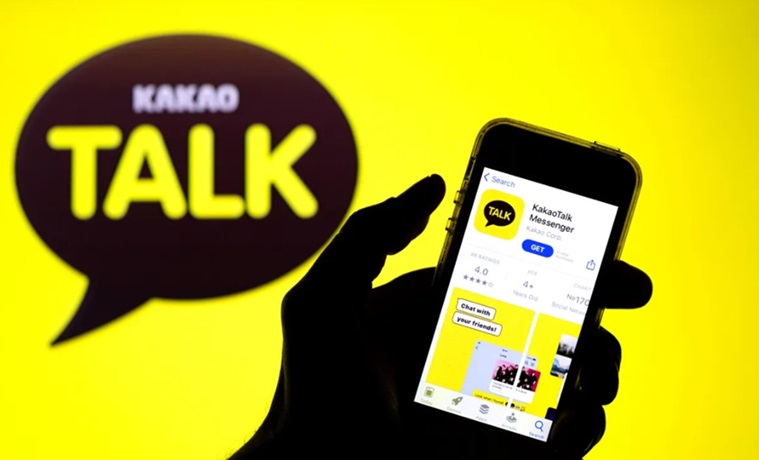Imagine this: it’s a typical Thursday morning, and you’re gearing up for your day with a steaming cup of coffee and your trusty KakaoTalk app ready to connect you with the world. Suddenly, at 10:54 a.m., a glitch in the matrix occurs. An unspecified “network error” takes down the lifeline of South Korea’s most popular mobile messenger app, leaving countless users staring at a frustrating login screen. For over an hour, KakaoTalk is eerily silent, its digital chatter halted by a technical hiccup.
As minutes tick by, the digital void grows more palpable. Some users, tied to their routines and reliant on KakaoTalk for personal and professional communications, scramble for alternatives. Others, perhaps with a hint of nostalgia, reach for their rarely-used backup apps. The cause of the disruption remains a mystery, but the company’s brief statement acknowledges the issue and promises a swift resolution. At 12:20 p.m., normalcy is restored, and KakaoTalk’s familiar pings and notifications breathe life back into the morning.
This isn’t the first time KakaoTalk has faced such turmoil. Just a couple of months ago, in May, a similar outage struck, prompting government intervention and a mandate for the company to improve its service reliability. With 45 million monthly active users relying on KakaoTalk, the stakes are high. Each disruption serves as a stark reminder of our deep reliance on digital networks and the pressing need for robust, resilient communication infrastructures in our connected world.
(Source: Yonhap News | Korea JoongAng Daily)









